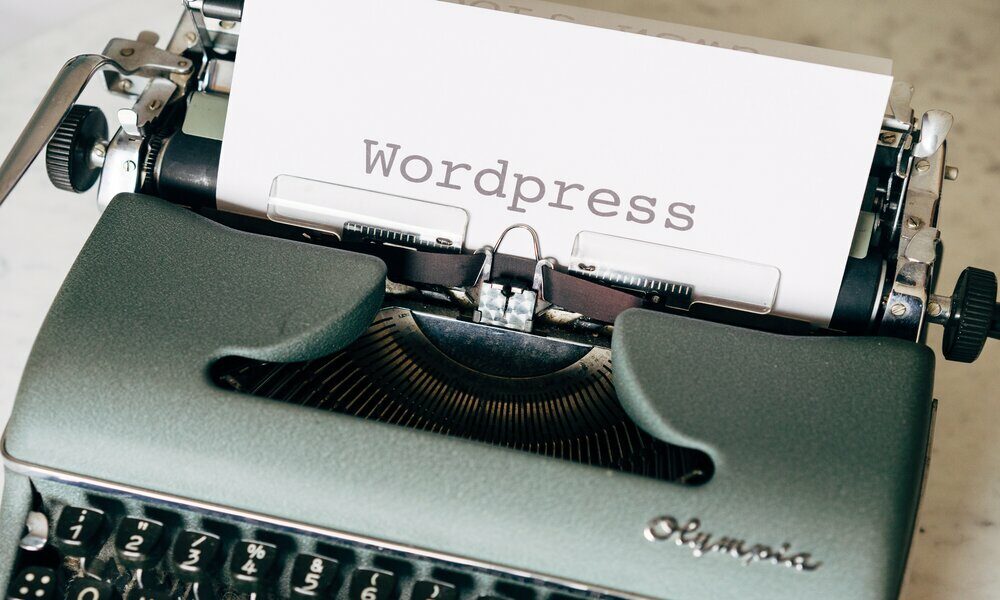
When it comes to building a website for your business or personal brand, WordPress is often the go-to platform. It’s easy to use, customizable, and has a huge community of developers and users. However, with its popularity comes some downsides such as security risks, limited flexibility, and high costs. In this blog post, we’ll explore why you should consider WordPress alternatives and what options are available.
History of WordPress
WordPress has been around since 2003 and is the most popular content management system (CMS) in the world. It’s used by millions of website owners to power their sites and it offers a range of features that make it for users to create beautiful, functional websites. While WordPress can be an effective platform for many businesses and individuals, its popularity also leaves it vulnerable to security threats and other issues.
Advantages of Alternatives
Alternatives to WordPress offer several advantages over WordPress including more flexibility, better security, lower costs, and faster performance. Depending on your needs, one of these alternatives may be a better fit for you than WordPress is. Here are some of the benefits that come with choosing a WordPress
Security
WordPress is known for being a target for hackers due to its popularity. This means that you’ll need to invest extra time and money in securing your website, as well as keeping up with updates and patches. With an alternative platform, you may have fewer security risks, especially if it’s a newer platform with fewer users.
Flexibility
While WordPress is highly customizable, it’s also limited by its structure and the themes and plugins available. Some platforms, such as Webflow and Adobe Muse, offer more flexibility in design and layout, allowing you to create a more unique and customized website.
Cost
WordPress is often seen as a low-cost option compared to custom web development, but that’s not always the case. While the platform itself is free, you’ll need to pay for a domain name, hosting, themes, and plugins, which can add up quickly. Alternatives like Wix and Squarespace offer all-in-one solutions at a fraction of the cost of a WordPress site.
Usability
WordPress can be overwhelming for beginners and those without technical skills. The platform requires some knowledge of coding, and even with drag-and-drop editors, it can be challenging to build a great-looking website. Alternatives like Shopify and Weebly offer more user-friendly interfaces and support, making it easier for anyone to build a website.
Support
WordPress has a huge community of users and developers, which is great for finding answers to your questions and getting help. However, this also means that support can be scattered and unreliable at times. Alternative platforms typically offer more direct and accessible support, so you can get help when you need it.
While WordPress is a great option for building a website, it may not be the best fit for everyone. Whether you’re concerned about security, want more flexibility in design, or are on a tight budget, there are plenty of alternative platforms to consider. By exploring your options and thinking about your specific needs, you can find an alternative that meets your goals and helps you build a great website. So, don’t be afraid to think outside the WordPress box!



